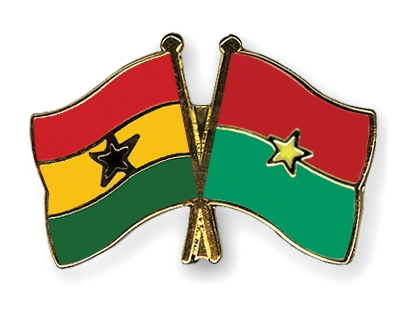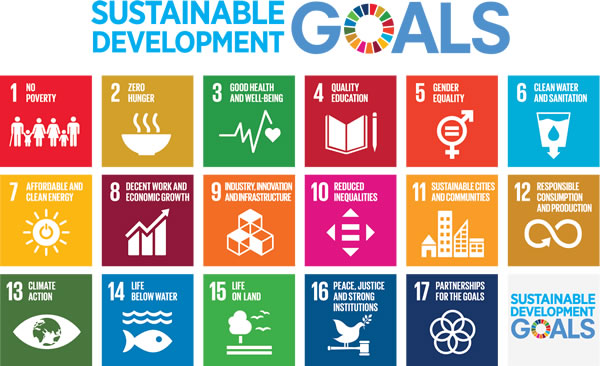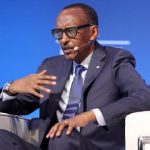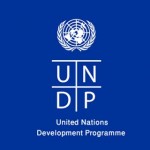
The Ghana Boundary Commission and its counterpart in Burkina Faso are to come up with a permanent plan to address the distorted international boundaries between the two countries in the Upper East Region.
In line with that, a major stakeholders’ meeting between officials of the two countries is to be held in Bolgatanga from May 13-19, this year. Both countries believe there had been massive encroachment within the buffer zones along the boundaries and that there was a need for them to effectively collaborate to find a permanent solution to the development.
Engagement
The Chief Executive Officer (CEO) of the Ghana Boundary Commission, Major General Dr Emmanuel Kotia, made this known during a joint Ghana-Burkina Faso consultative meeting at Paga in the Kassena Nankana West District in the region.
“The meeting was to map out a plan needed to deal with the ongoing encroachment and destruction of international boundary pillars between both countries for their mutual benefit,” he said.
Dr Kotia was accompanied by the Deputy Comptroller of the Ghana Immigration Service (GIS), Laud Ofori Affrifah, the Upper East Regional Minister, Stephen Yakubu and Ghana’s Ambassador to Burkina Faso, Boniface Gambila.
The permanent secretary, National Boundary Borders of Burkina Faso, Salimata Dabal, led her team to the all-important meeting. The team also visited some of the international boundary pillars between both countries along the Ghana-Burkina Faso border at Paga.
Collaboration
Maj. Gen. Kotia solicited the support of district assemblies in both countries towards the immediate stoppage of the encroachments, saying “on the Ghana side, any building that is coming up and engulfing the boundary pillars should be discontinued immediately”.
“Going forward, we will be taking a concrete decision on what to do to permanently preserve the buffer zones that demarcate the international boundaries between both countries,” he added.
Maj.-Gen. Kotia said an action plan for a major reaffirmation exercise leading to the construction of intermediary pillars within the already existing boundary pillars to serve as a guide to residents living along the borders would be discussed.
For her part, Ms Dabal said, “there is encroachment at the border by residents of both countries who don’t know the implications”. “There is the need to reaffirm the boundary lines for the residents to respect moving forward,” she said.
Concerns
Mr Affrifah also expressed concern that although the Ghana immigration border post was expected to be closer to that of Burkina Faso, it was about 200 metres away from that country.
He announced that within the next four weeks, a temporary post would be constructed to mirror that of Burkina Faso, which may allow the two countries to collaborate further.
The regional minister said the problem was not limited to the Paga border, but equally existed in areas such as Pusiga, Polimakom, Kulungugu and Bawku West.
Source: graphic.com.gh







